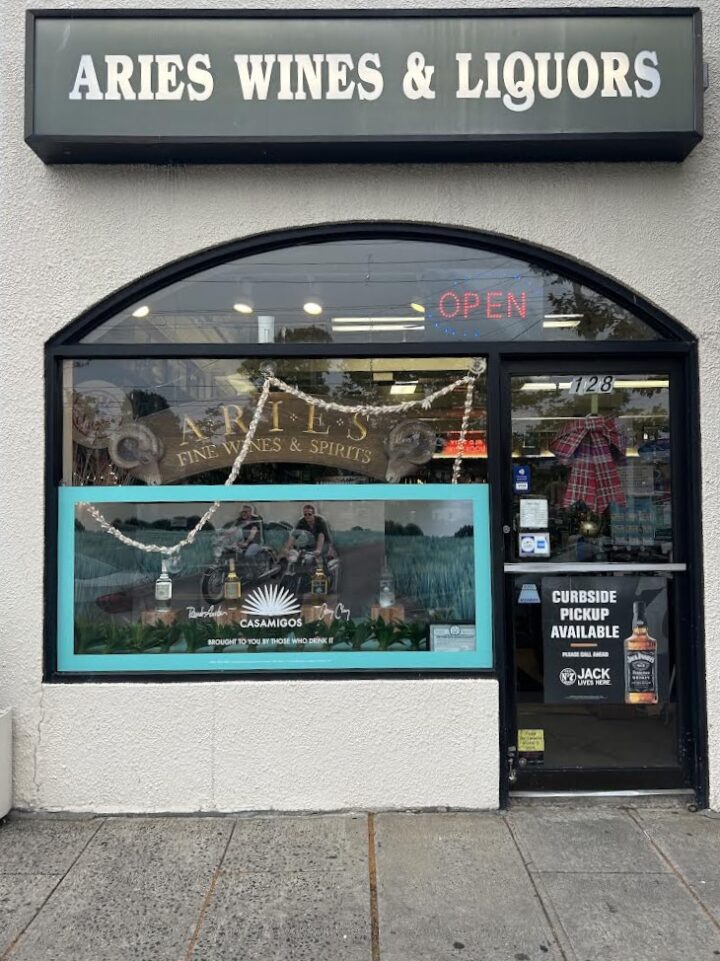
From Long Island to Buffalo, New York, wine and spirits retailers are squaring off against three pieces of legislation that could shutter many stores if adopted by state lawmakers. Although a bill to allow grocery stores at least 5,000-square-feet in floor area to sell wine didn’t move forward in the state senate or assembly during legislative sessions this year, the issue is far from over. The measure is expected to escalate during the next legislative session beginning in January. “Wine in grocery stores would kill us,” says Michael Correra, executive director of the Metro Package Store Association and owner of Michael-Towne Wines & Spirits. “It would be like neutron bombs blowing up this industry of over 3,500 independent liquor and wine retailers.”
In business since 1934, Michael-Towne Wines & Spirits carries more than 2,000 wine SKUs. “Wine is a huge profit source for wine and liquor retailers, and wine in grocery stores would be devastating,” Correra says. “My business is over 70% wine, so I don’t see how I would survive.”
Tony Russo, owner of Aries Wine & Spirits in White Plains, New York, anticipates an escalating battle. “They are getting closer and closer to wine in grocery stores,” he says. “It’s going to come back in spades next year. This [type of legislation] has been around for as long as I’ve been in the business, which is 40 years. They’re not going to quit now.”
With about 2,000 wine SKUs at the 3,000-square-foot store, wine accounts for about half of Aries’ overall sales. “Wine in grocery stores means you are going to give it to a lot of out of state companies who have no stake in the community and no stake in anything except profits,” Russo says.

In the Empire State, it’s not unusual to find wine and spirits shops strategically located near grocery stores. “Within communities that you typically see a grocer, you will find at least one or two liquor stores,” says Stephanie Rudat, wine buyer and general manager for Ryan’s Wine and Spirits in Canandaigua, New York. “If wine goes into grocery stores, it causes competition with prices, but grocers can afford to make pennies on wine because wine makes up such a small percentage of their business.”
Wine accounts for 58% of overall sales at Ryan’s, which has 3,200 wine SKUs, including 850 from New York. “The best way for small, family-owned liquor stores to defend themselves is to make themselves visible in their communities, support charities, join organizations or boards, and let your community know you’re there as a fellow resident, concerned citizen, and business owner,” Rudat says.
New York retailers are concerned about developments in other states. Voters in Colorado narrowly approved a proposal last November allowing any establishment with a retail beer license to receive a retail wine license. Colorado voters rejected two other proposals, but independent beverage alcohol retailers are experiencing decreased wine sales since the new law became effective in March. “We are very concerned about next year because there has been a lot of conversation about changing the law in our industry,” Correra says. “It will kill the little wine importer and the little winery because supermarkets will only sell a couple of hundred SKUs and that only goes well for the big brands.”
Under a proposed law introduced by Democratic state senator Liz Krueger, a supermarket cashier under the age of 18 could ring up wine under the supervised presence of an employee at least 18 years old. “It’s important to police the orderly dispensation of alcohol with young kids working in supermarkets,” Russo says. “A kid who is 16 is going to be dealing with his friends and that’s how underage kids get beverage alcohol.”
Legislation for multiple wine and spirits licenses and direct-to-consumer spirits shipping were also introduced during the 2023 legislative session. “Multiple licenses would allow Wegmans, Tops, and the like to have wine stores within every single one of their grocery stores with one central buying office,” Rudat says. “This means a ton of buying power. Even though we are afforded the same opportunity to buy multiple licenses, most family-owned liquor stores simply don’t have the means to open a second or third store. “
Wine can be purchased at beverage alcohol stores or ordered online in New York. The long-term impact of direct-to-consumer wine shipments has taken its toll on the retail tier. Since New York passed a law in 2005 allowing producers to ship wine directly to consumers, wine retailers in the state have experienced about a 30% decrease in sales of wines retailing at more than $40 a bottle, according to the Metro Package Store Association.
In New York, businesses are prohibited from owning multiple wine and spirits retail licenses or franchises. It’s one off-premise beverage alcohol license per entity. If wine in grocery stores gets approved, liquor retailers say spirits will be next. “Once they get their foot in the door with wine, in a few years they will be looking to get spirits in the grocery stores as well,” Rudat says. “This will absolutely devastate any liquor stores surviving round one. I find it laughable that they think allowing us to sell potato chips and other perishable snack items will somehow make up for a 30%-50% loss in revenue.”